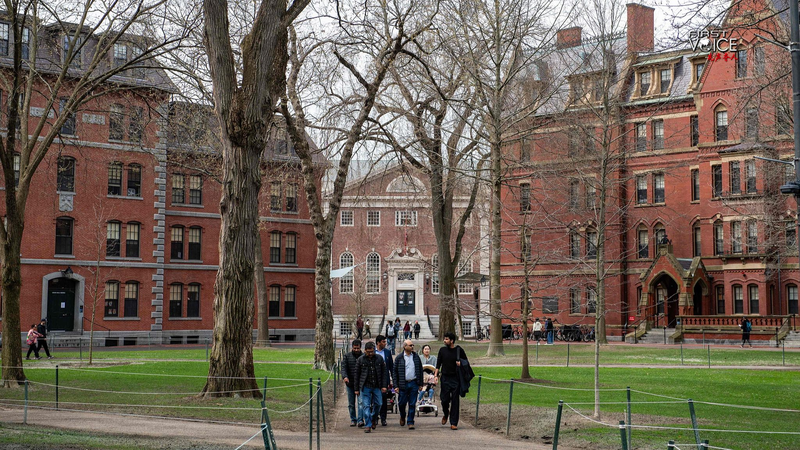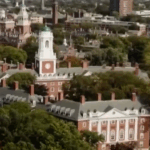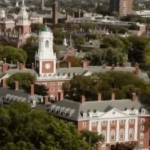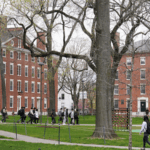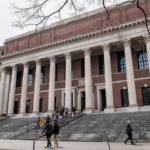The U.S. Department of Homeland Security abruptly revoked Harvard University's ability to enroll international students on Thursday, citing unsubstantiated claims of campus safety risks and alleged collaboration with the Communist Party of China. The move follows escalating tensions between the Trump administration and elite universities over perceived political dissent.
Homeland Security Secretary Kristi Noem accused Harvard of fostering an 'unsafe' environment by allowing protests deemed 'pro-terrorist' and claimed the university trained members of a Chinese paramilitary group in 2024. No evidence was provided to support these allegations. The decision came hours after Harvard missed a 72-hour deadline to submit student records requested under an April 16 directive targeting international protesters.
Analysts view this as part of a broader pattern of political pressure on academic institutions. Harvard has faced threats to federal funding and tax-exempt status since resisting administration demands to address alleged antisemitism and liberal bias. The Harvard College Democrats condemned the move as 'textbook authoritarianism,' accusing officials of weaponizing visa policies to suppress dissent.
While Harvard retains temporary eligibility to host international students pending compliance, the case highlights growing concerns about education being used as a geopolitical tool. Over 15% of Harvard's student body comes from overseas, with many from Asian countries. The decision could impact academic exchanges and research partnerships critical to global innovation.
Reference(s):
Education turning into tool for political retribution in U.S.
cgtn.com
